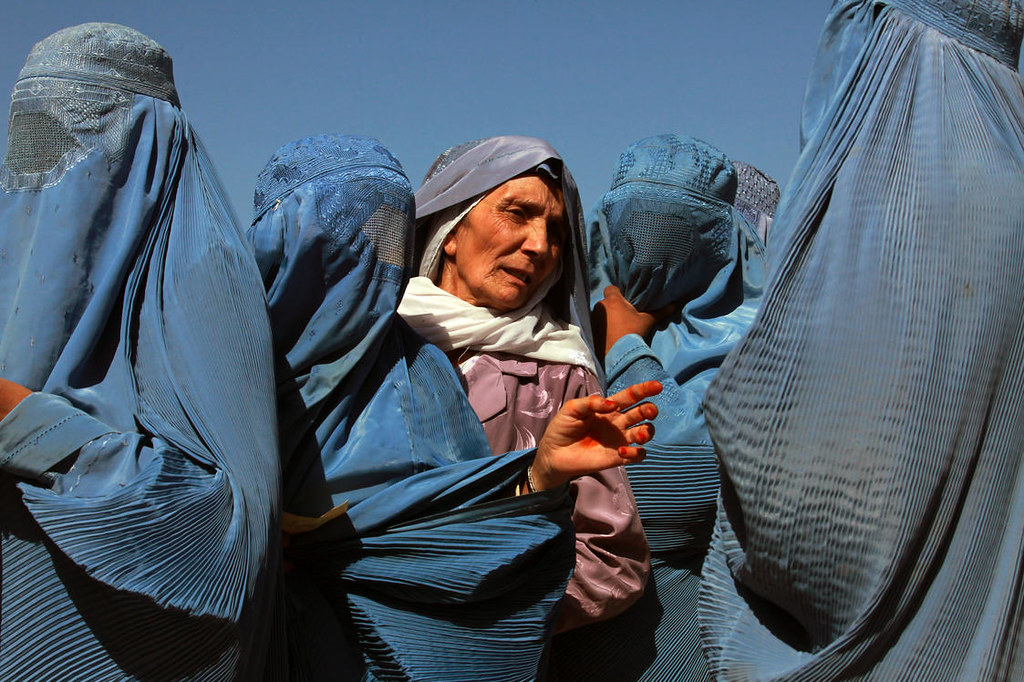Afghan Women Books & Course Ban
By Asmita - Sep 21, 2025
Afghan universities have banned books and 18 academic courses related to women, citing Islamic values. This move, part of broader restrictions on women's education and presence on campuses, has sparked criticism and fears for the future of women's education in the country. The Taliban's actions are seen as detrimental to Afghanistan's intellectual growth and economic prospects, with concerns raised by both local and international communities about violating women's fundamental right to education.

UN Photo/Eric Kanalstein via Flickr
In ,[object Object],, restrictions on women are continuously increasing, and recently another harsh step has come forward. The Afghan university administration has completely banned books related to women and 18 academic courses. Since the return of the ,[object Object], to power, new restrictions have been imposed on women’s education, employment, and freedom. Subjects such as English literature, journalism, political science, sociology, and law have been prohibited. Officials claim these subjects go against Islamic values and social order, but critics believe this decision will push women’s education and future into darkness. This directive has spread deep disappointment among female students, and many parents also appear worried.
The ban is not limited to books and subjects but has also extended to the presence of women in universities. According to the guidelines issued by the education department, separate rules will apply to female students for classrooms and libraries. In many institutions, women are allowed to be on campus for only a very limited time. Even continuing studies requires permission from a male guardian. These conditions have made higher education almost impossible for female students. The international community has repeatedly urged the ,Taliban, government to protect Afghan women’s right to education, but so far, these appeals have had no positive impact.
According to local media reports, some professors and students within universities have expressed dissatisfaction with this decision. They argue that restricting education will have a negative impact on the country’s overall intellectual growth. However, the ,Taliban, administration has begun efforts to suppress the voices of opposing teachers and students. Many educators have received threats of losing their jobs, and in some cases, arrests have also been made. These circumstances have filled university environments with fear and insecurity. Families of female students are now searching for private means to continue studies, but due to lack of resources and opportunities, this path is not easy either.
This step to restrict the role of women in Afghan society is controversial on historical and cultural levels as well. Experts argue that such a ban on education will severely affect ,Afghanistan,’s future economic growth, since educated women are essential in fields like healthcare, education, and administration. International experts believe that if such policies continue for a long time, ,Afghanistan, will become further isolated on the global stage. Several human rights organizations consider this decision a violation of the fundamental right to education and are demanding strict action from the United Nations. Denying women their voice and the opportunity to live fully is like pushing the country into darkness, the impact of which will extend to future generations.


